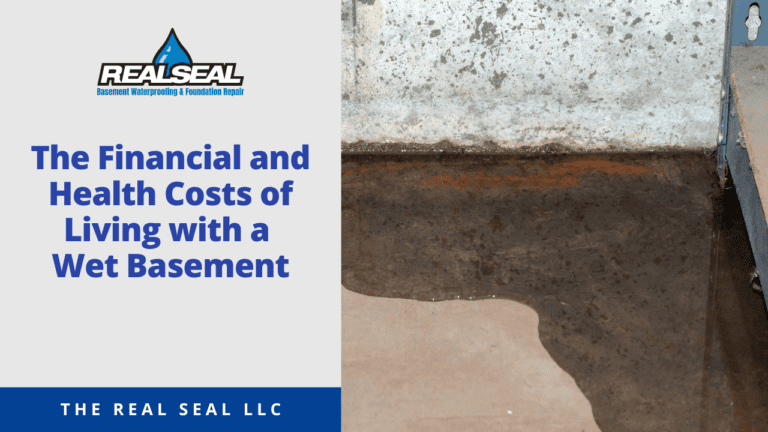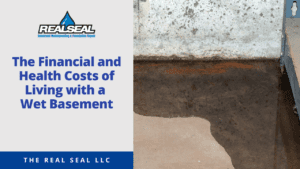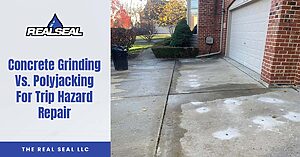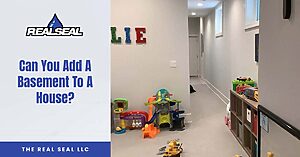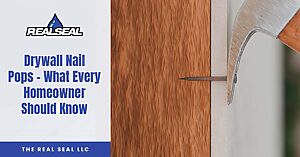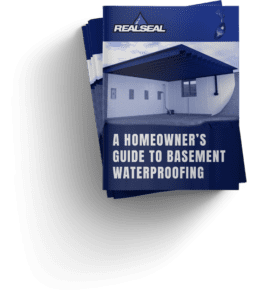According to our February 2017 survey of U.S. homeowners and renters: 55% said they’ve lived in a home with a wet basement. 71% were not aware they were moving into a home with a wet basement.
According to our February 2017 survey of U.S. homeowners and renters:
- 55% said they’ve lived in a home with a wet basement.
- 71% were not aware they were moving into a home with a wet basement.
- 31% had to take time off from work to deal with cleanup and other issues related to water in the basement.
- 37% spent more than $5,000 to cover losses.
- 13% had to leave their homes because the house was uninhabitable.
- 76% feared that they and their families were being harmed by mold.
- 30% who had issues with mold and spent more than $5,000 to mitigate the damages.
- 62% worried constantly that water would enter their homes.
- 31% of homeowners worried that they would not be able to resell or rent the property.
- 39% said that they would never again buy or rent a home if they knew or suspected it had a wet basement.
The Worst Kind of Surprise
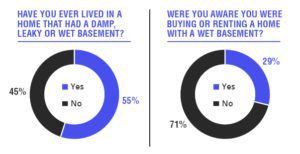
…unfortunate, in that these people lived with daily fears, worries and disruptions to their lives when water did get into the basement. People who live in a home with a wet basement can never rest easy.
So Many Fears. So Many Worries.
The time between basement floods and water seepage is not a time of peace. The fears and worries are always there. Our survey found that people who live in a home with a damp basement worry constantly, and with good reason.
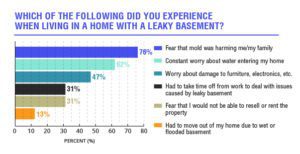
Home Inspectors: The First Line of Defense
The laws about what sellers must disclose vary from state to state. Regardless of what the law says, unethical home sellers will try to hide water damage and signs of a leaky basement. A professional home inspector won’t be fooled by some of the tricks that homeowners use to hide signs of water in the basement. Frank Baldassarre of Ace Home Inspections asserts that, “Water stains aren’t just ugly; they’re also signs of leaks, and a breeding ground for mold. And they’re fairly easy for homeowners to hide with strategic decoration or staging…Many sellers try to conceal water intrusion in the basement, for example, with a pile of cardboard boxes or suitcases.”
90% of our survey respondents believe it’s important to hire a home inspector to check for signs of a wet basement.
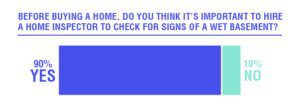
Financial Losses
Homeowners incur financial costs every time water enters the basement. For some, the costs are relatively small but over time, the costs will add up. Now that extreme rainfall and sudden downpours are more common, homeowners are likely to have to open their wallets again and again.
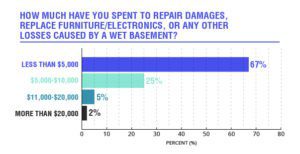
The money homeowners invest in clean up would be much better spent on preventative measures. Waterproofing the basement, installing sump pumps and other solutions keep the water, and the aforementioned fears and worries, at bay.
What Cost to your Health?
76% of those who lived in a house with a leaky basement are concerned about mold– they have a sense that mold exposure has harmed them and their families. 30% have experienced symptoms of mold exposure in their homes or workplaces.
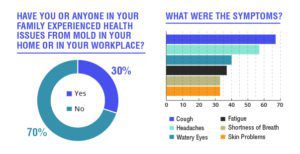
Health is a real concern when mold is present in the home. You can’t put a price on your health, but you can measure the financial costs of mold in the home. 30% of our survey respondents who had issues with mold due to a wet basement spent more than $5,000 to mitigate the damages.
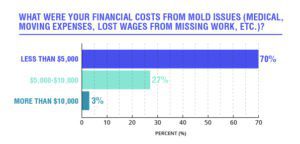
The numbers in the graph above indicate out of pocket expenses. They don’t take into account the costs to health insurance companies that pay a portion of the medical costs. And those costs are passed on to all consumers in the form of higher insurance premiums.
A Wet Basement is Not Always a Deal-Breaker
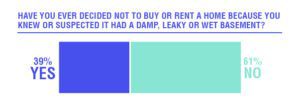
Presumably, the 61% who say they will go forward with signing a contract, even when they know or suspect the home has a wet basement, require that the homeowner fix the problems that allow water to enter the basement. Or they negotiate a lower price and contend with the problem themselves.
